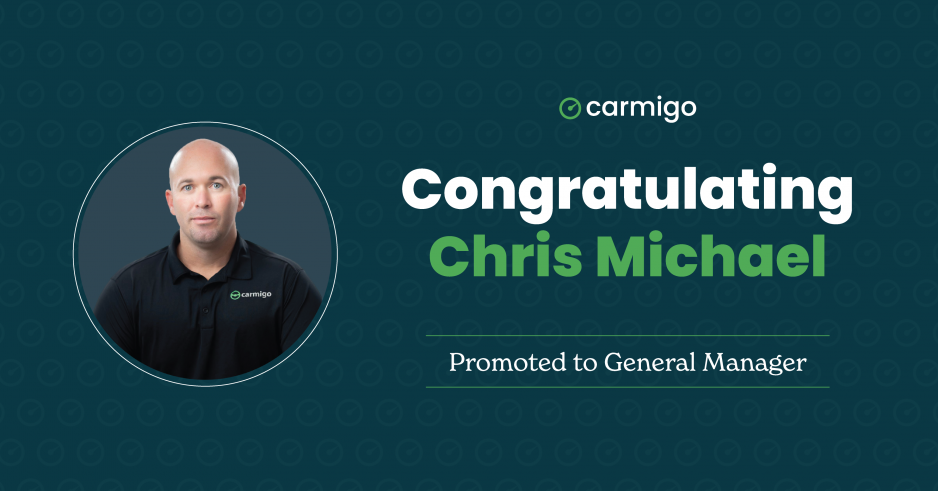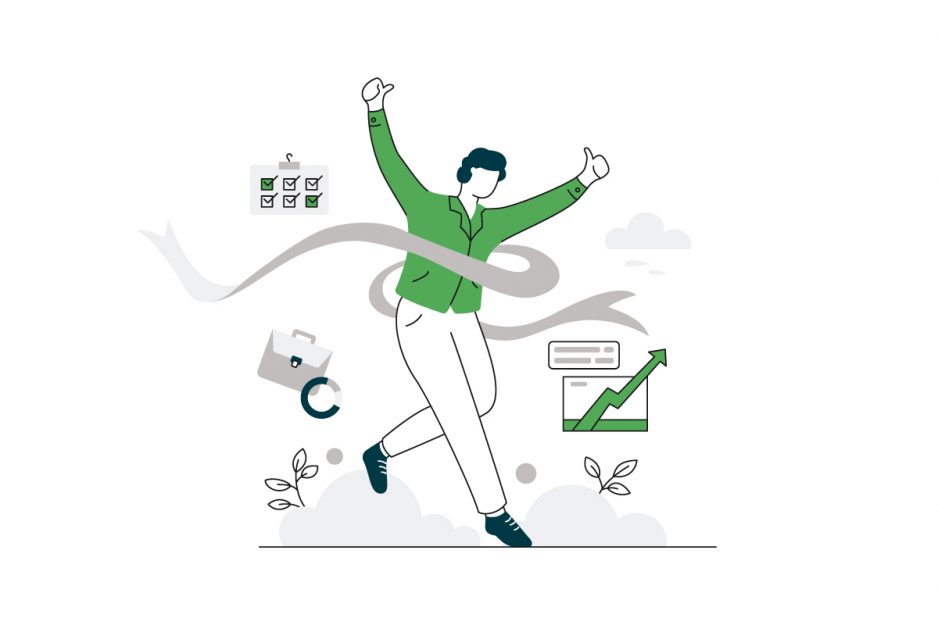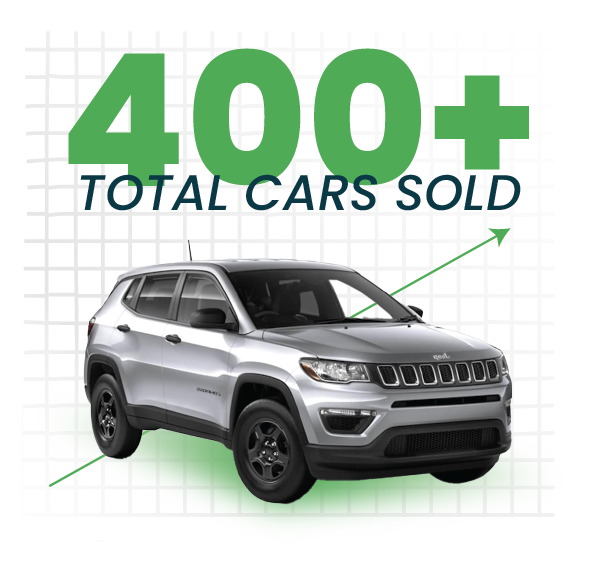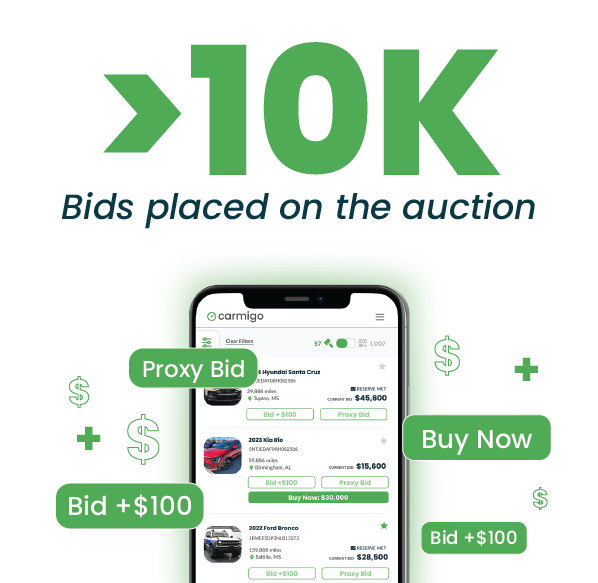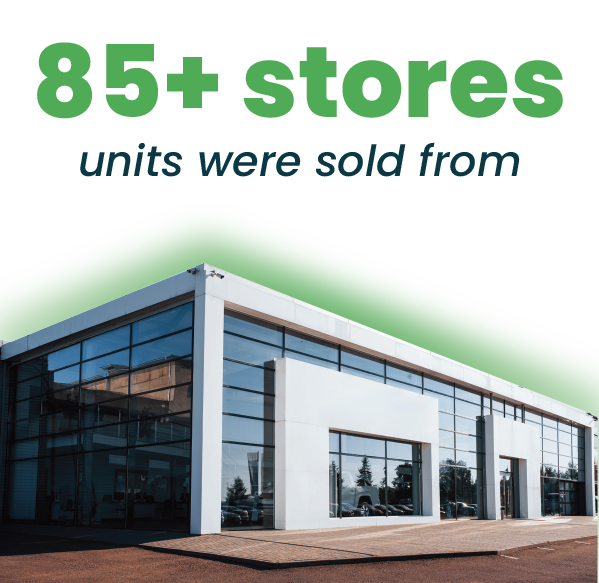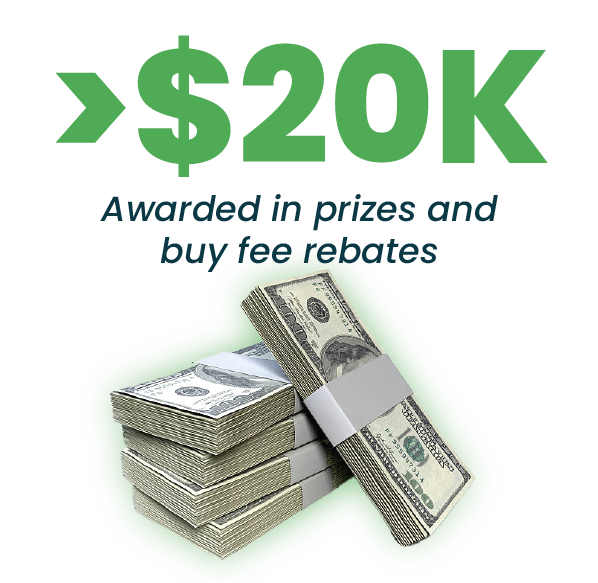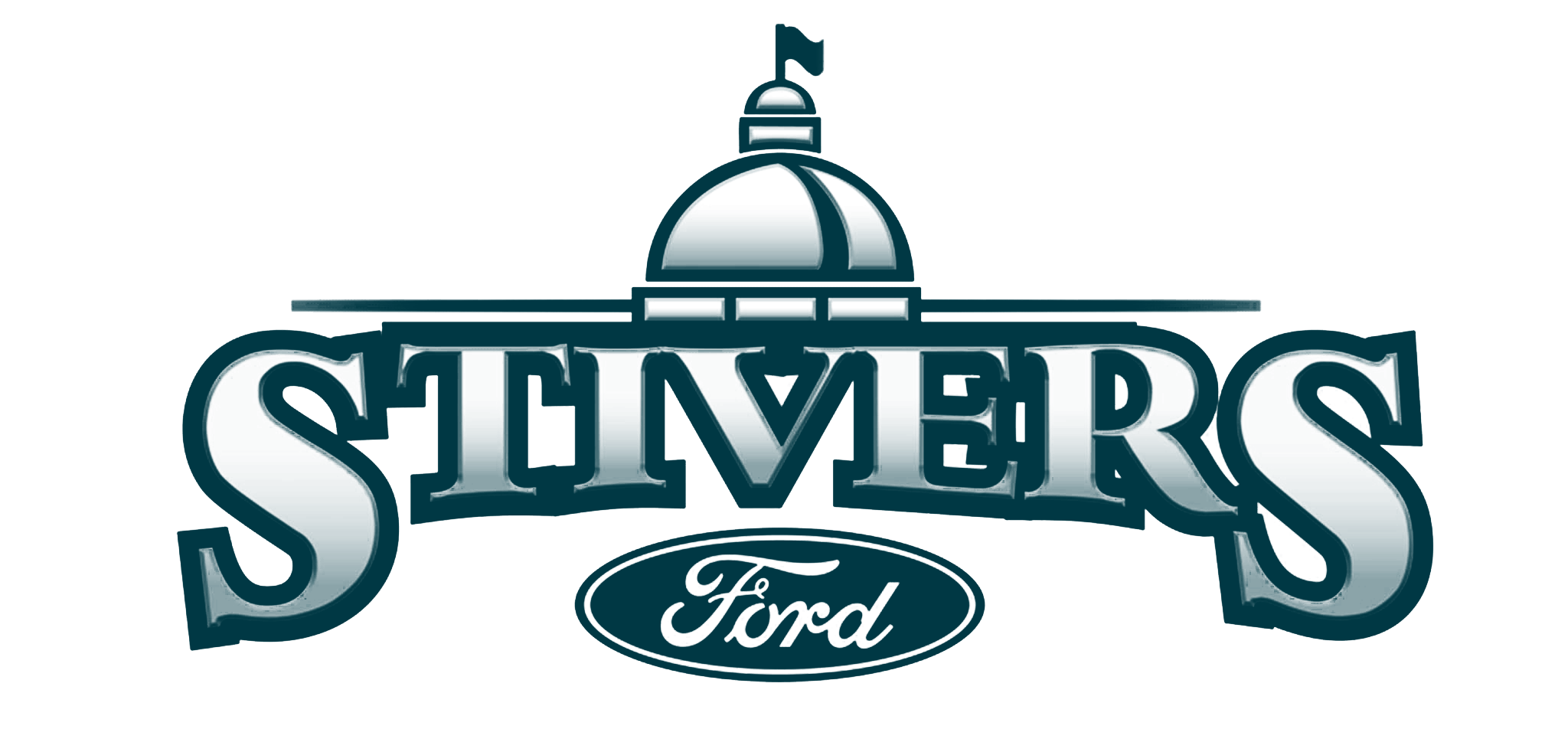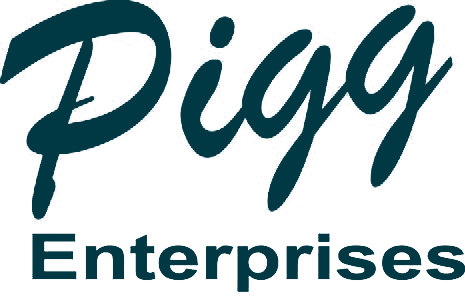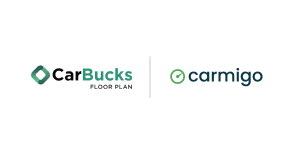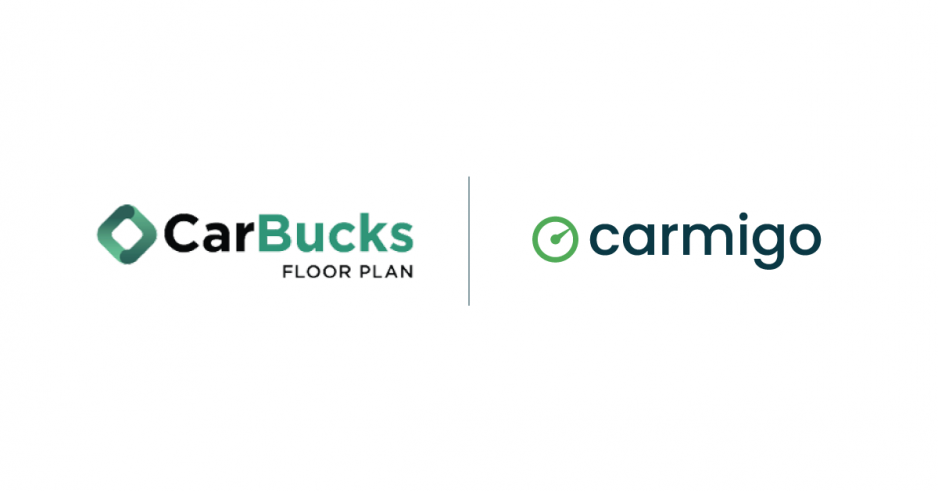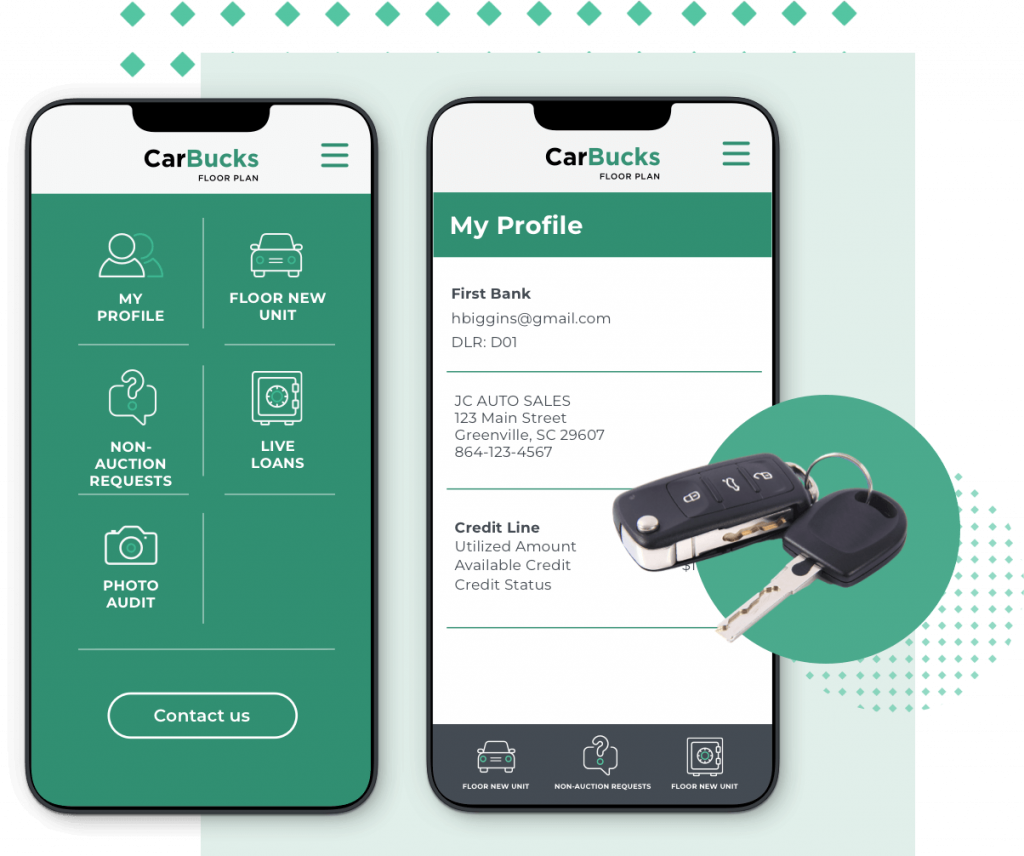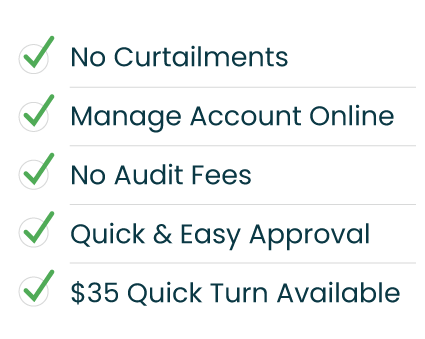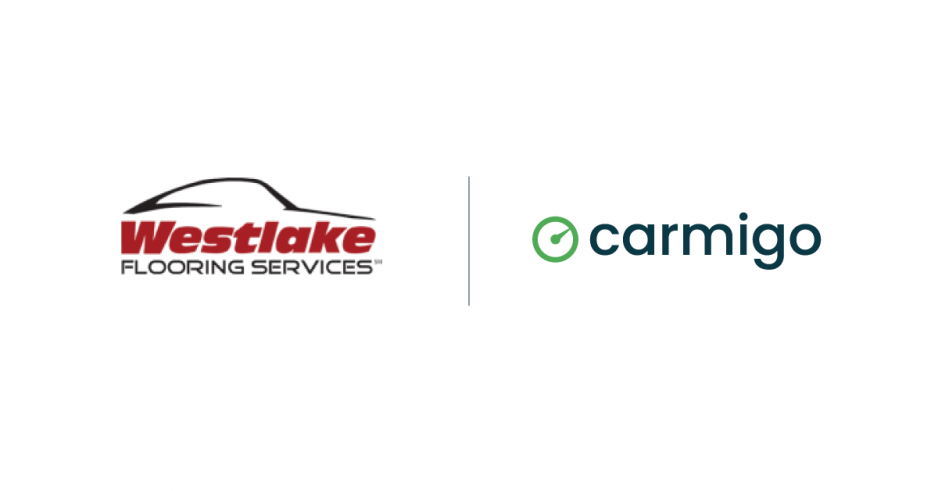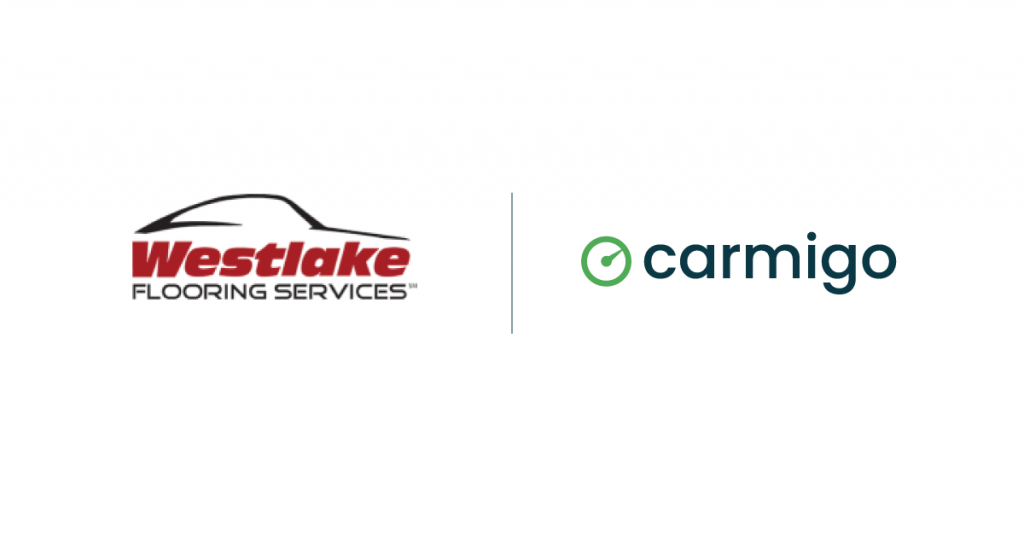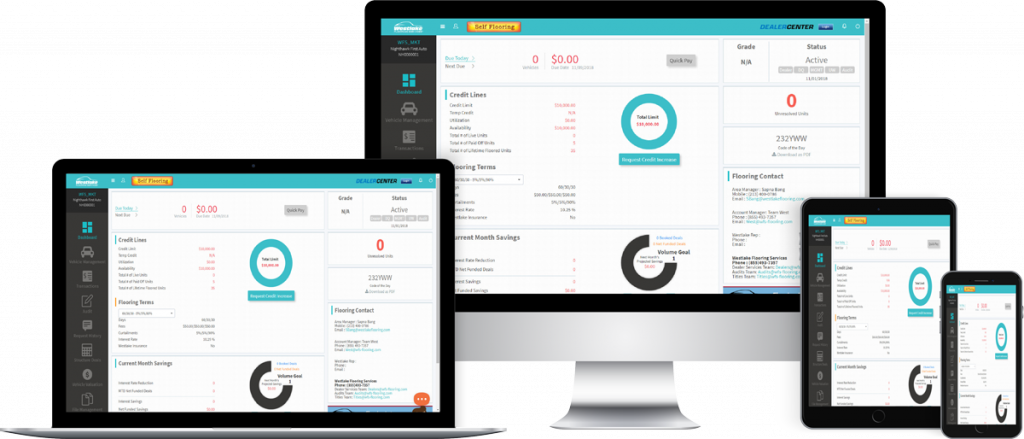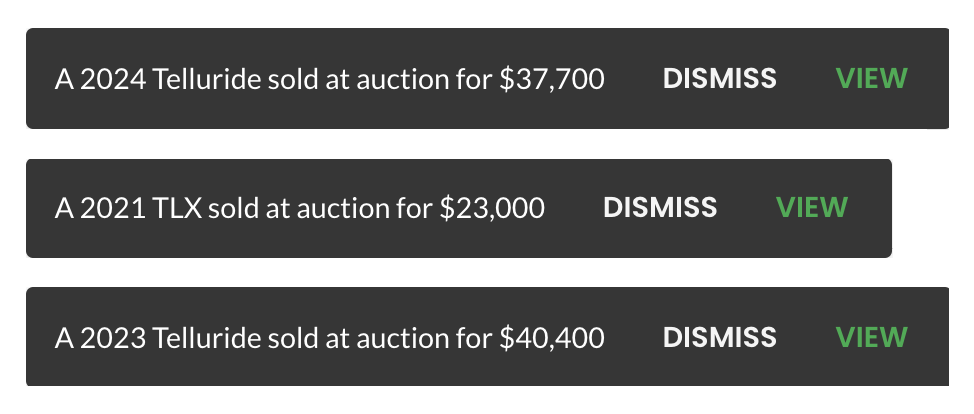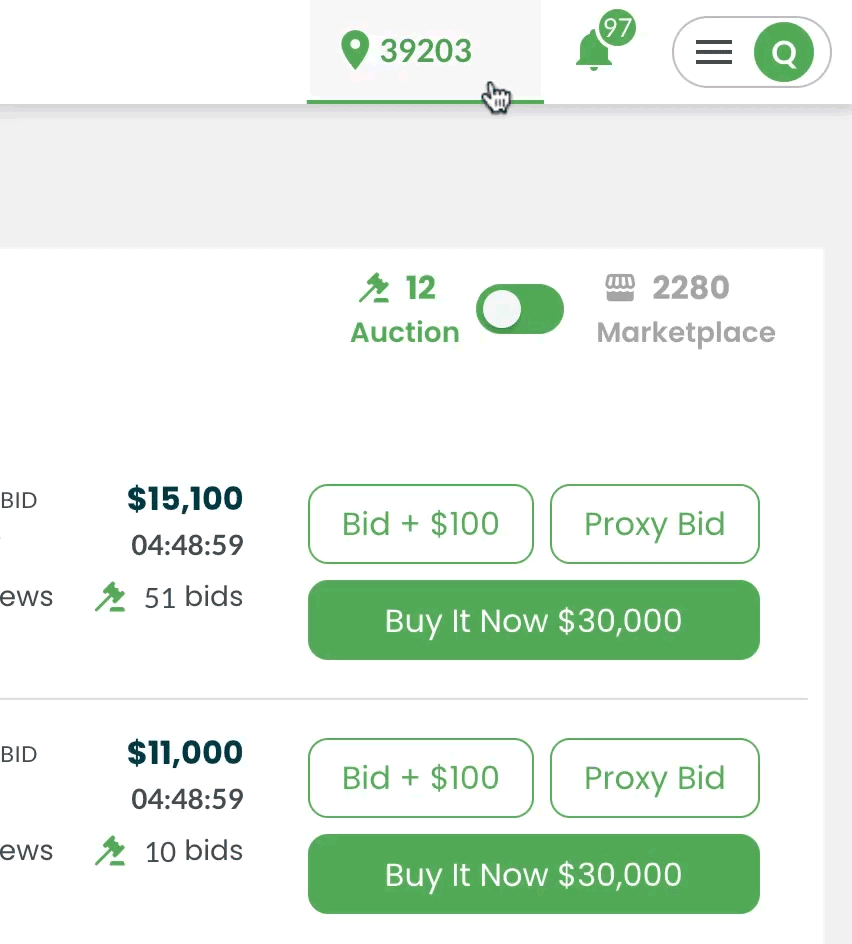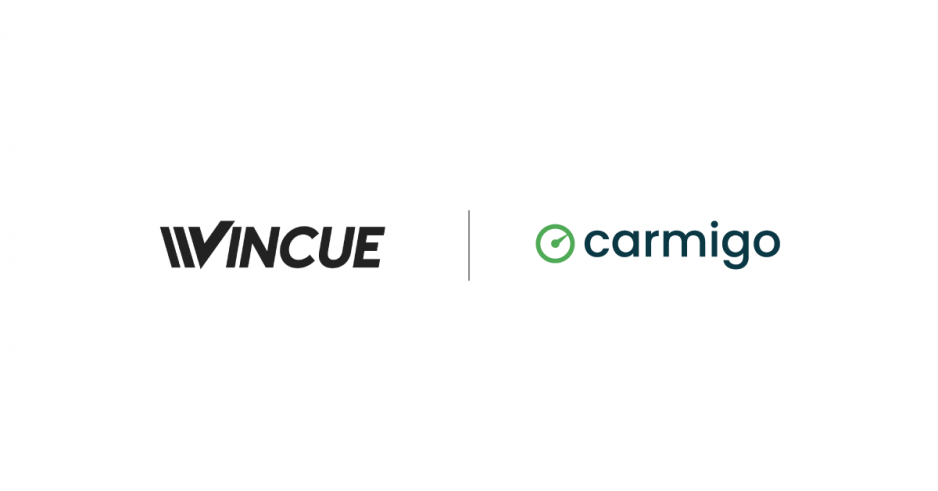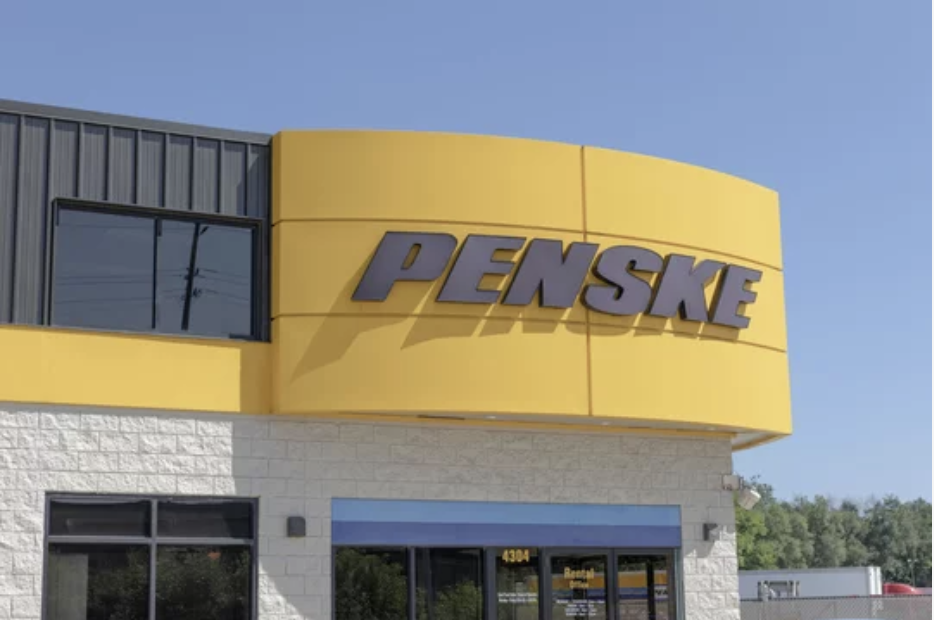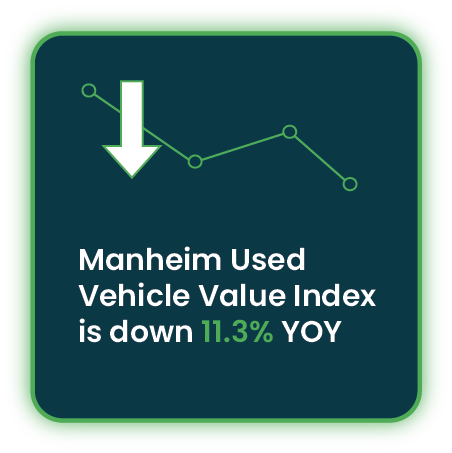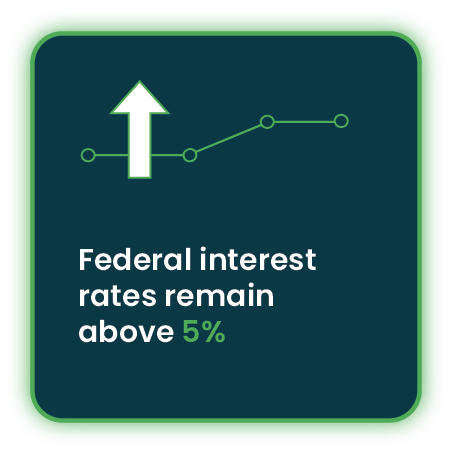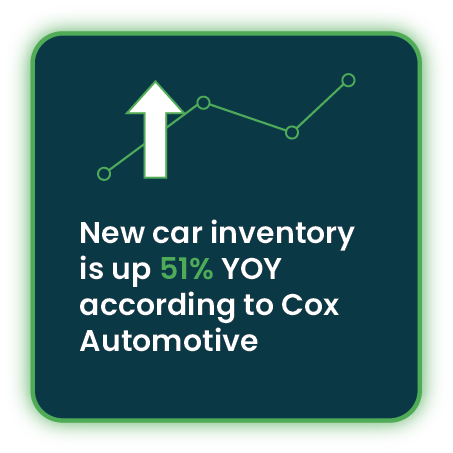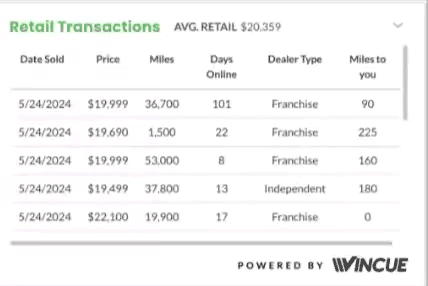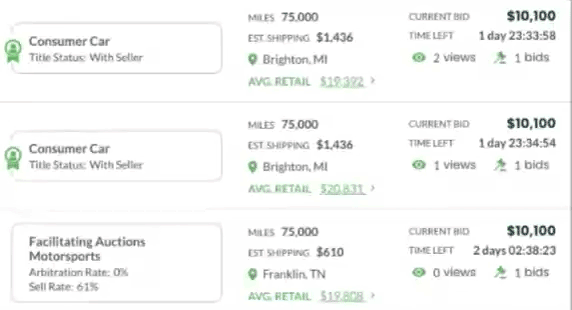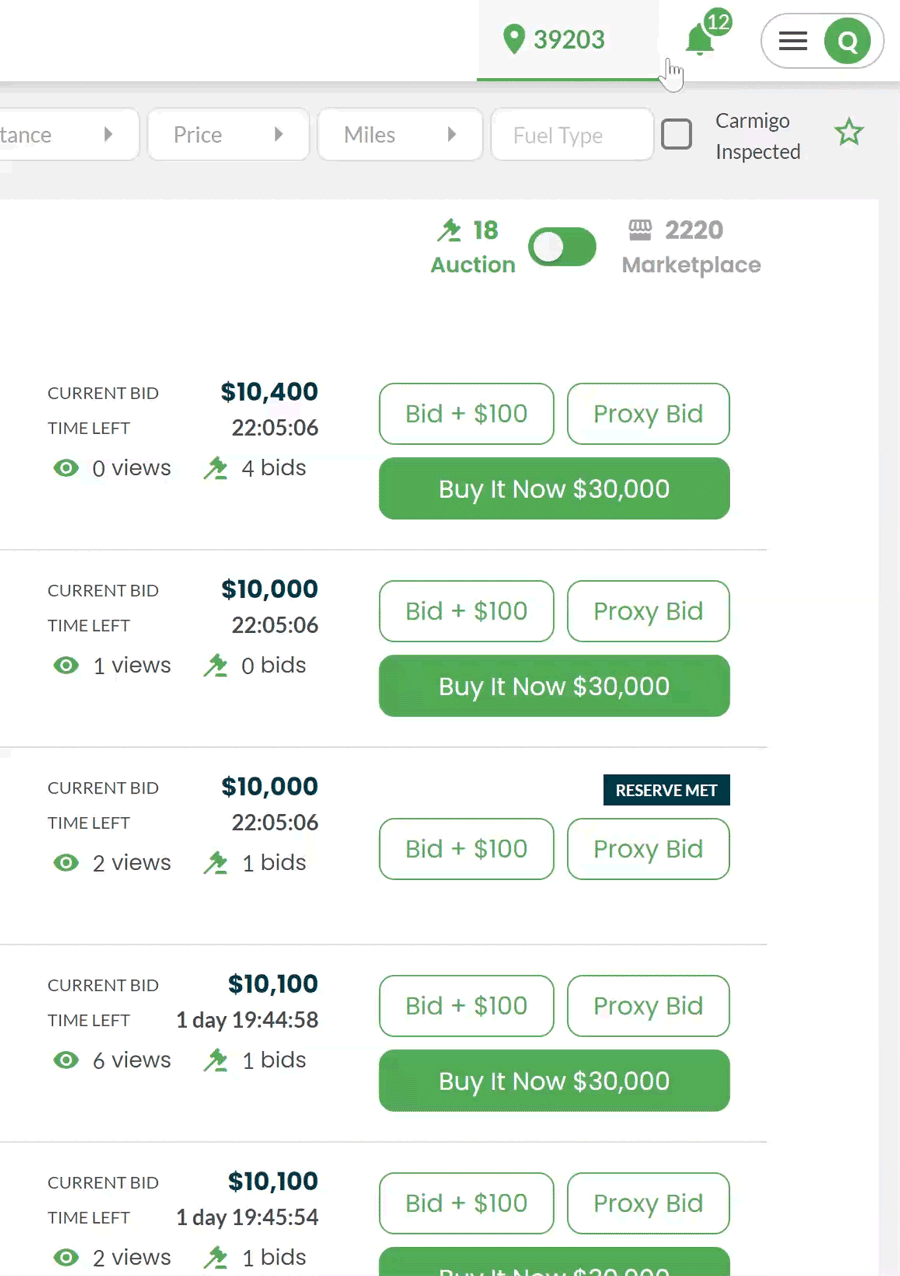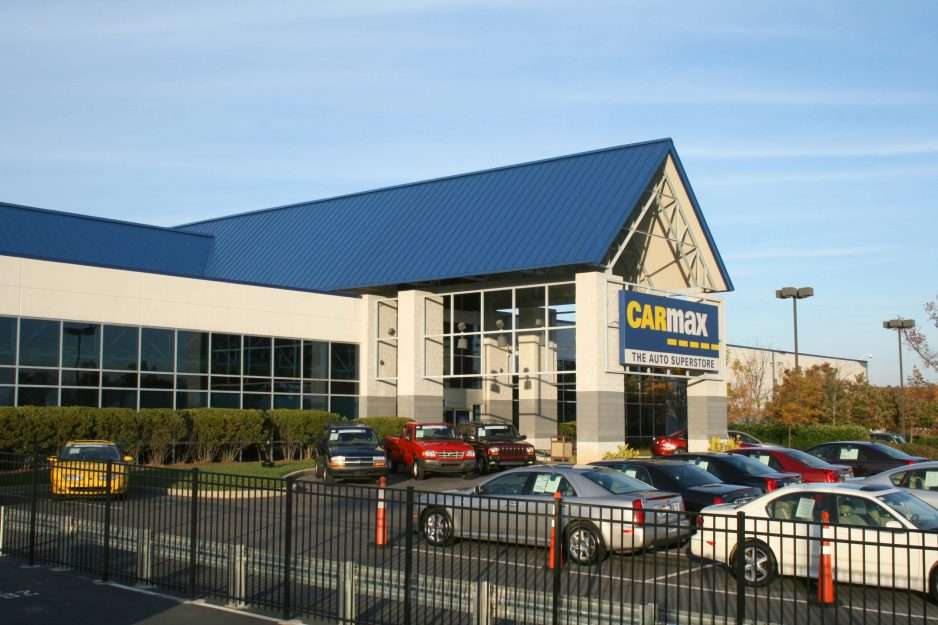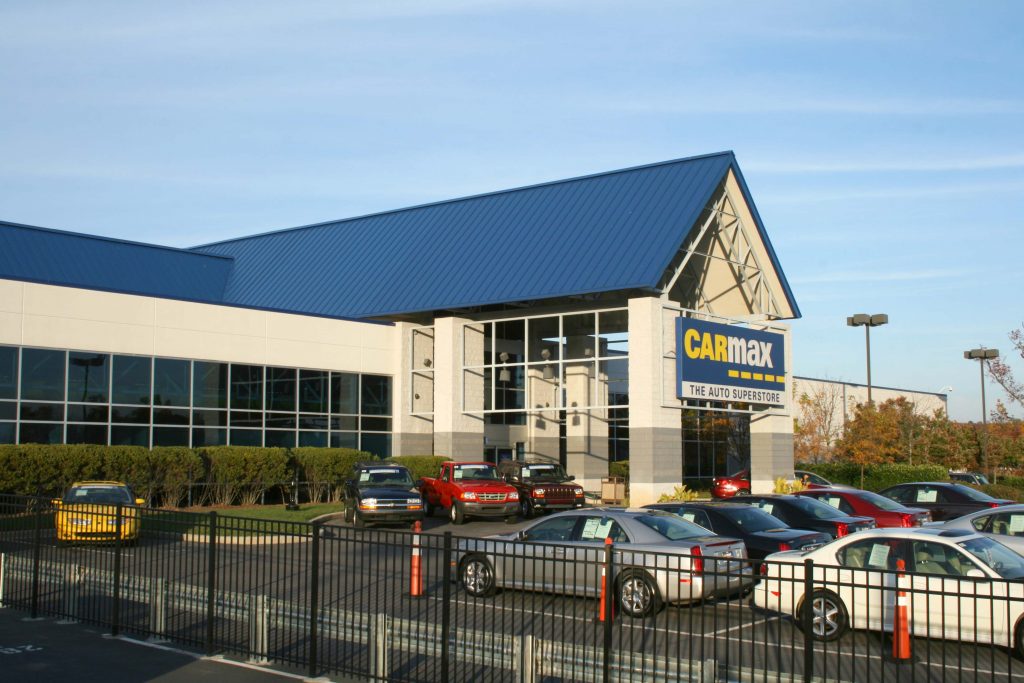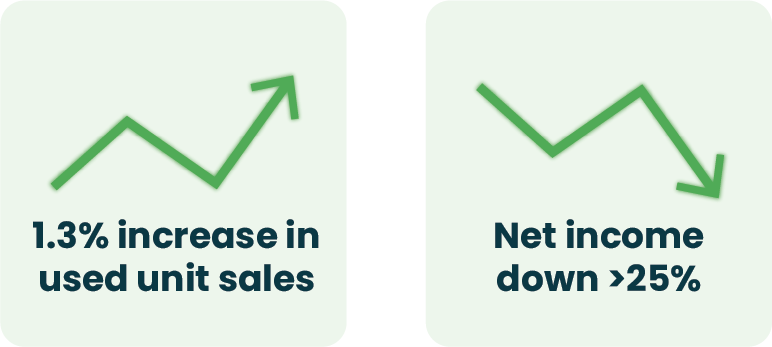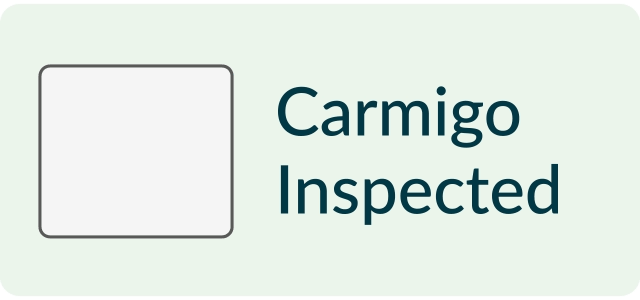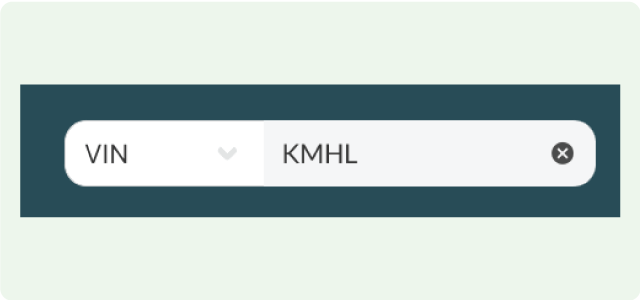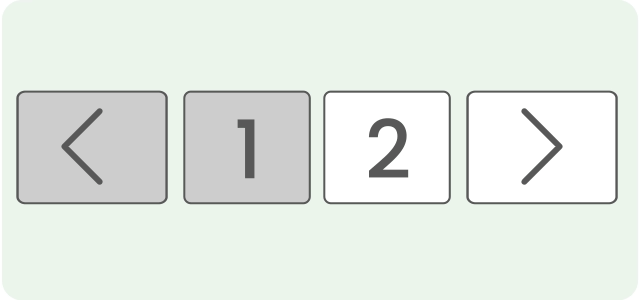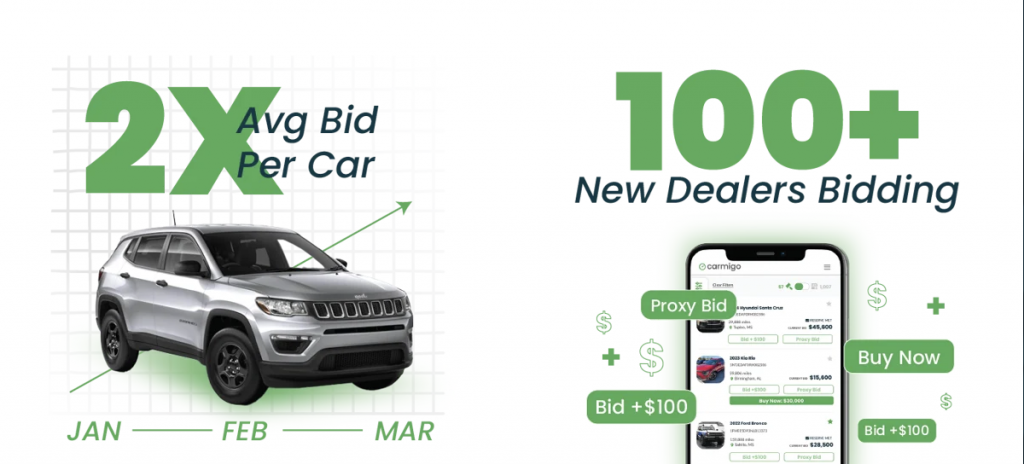"In 2025 we are going to be more focused than ever on delivering a stellar customer experience for our dealers. It’s all about perspective - no matter the size of our competitors, we know our dealers value the level of service we provide more than anything."
TUPELO, MS – Carmigo is excited to announce the promotion of Chris Michael to General Manager. Michael has played a pivotal role in Carmigo’s recent growth, previously serving as Vice President of Operations since early 2024. His leadership has been instrumental in scaling Carmigo as a dealer-to-dealer online wholesale platform.
Since joining Carmigo in April 2021, just months after the company’s inception, Michael has overseen the company’s operations department – including its inspection and post-sale support teams. As General Manager, he will now also manage Carmigo’s rapidly growing sales team – driving expansion initiatives and continuing to build relationships with its dealer network
“Chris has been integral to Carmigo’s success since the very beginning,” said Andrew Warmath, CEO and Co-Founder of Carmigo. “He has been eager to help wherever we have needed him, and he always delivers results. His promotion to General Manager is well-deserved, and I have full confidence in his vision and leadership as we enter the next phase of Carmigo’s journey.
Since joining Carmigo in April 2021, just months after the company’s inception, Michael has overseen the company’s operations department – including its inspection and post-sale support teams. As General Manager, he will now also manage Carmigo’s rapidly growing sales team – driving expansion initiatives and continuing to build relationships with its dealer network
“Chris has been integral to Carmigo’s success since the very beginning,” said Andrew Warmath, CEO and Co-Founder of Carmigo. “He has been eager to help wherever we have needed him, and he always delivers results. His promotion to General Manager is well-deserved, and I have full confidence in his vision and leadership as we enter the next phase of Carmigo’s journey.

Under Michael’s tenure as VP of Operations, Carmigo experienced substantial growth. His expertise was critical in growing and enhancing the company’s inspection team, which collaborated closely with dealer sales representatives in each market.
“I’m honored to step into this new role and continue working alongside our talented team,” said Michael. “In 2025 we are going to be more focused than ever on delivering a stellar customer experience for our dealers. It’s all about perspective – no matter the size of our competitors, we know our dealers value the level of service we provide more than anything.
Michael’s promotion aligns with Carmigo’s strategic goals to strengthen market presence as the company continues its ambitious expansion plans across the Southeastern United States.
Michael’s promotion aligns with Carmigo’s strategic goals to strengthen market presence as the company continues its ambitious expansion plans across the Southeastern United States.

